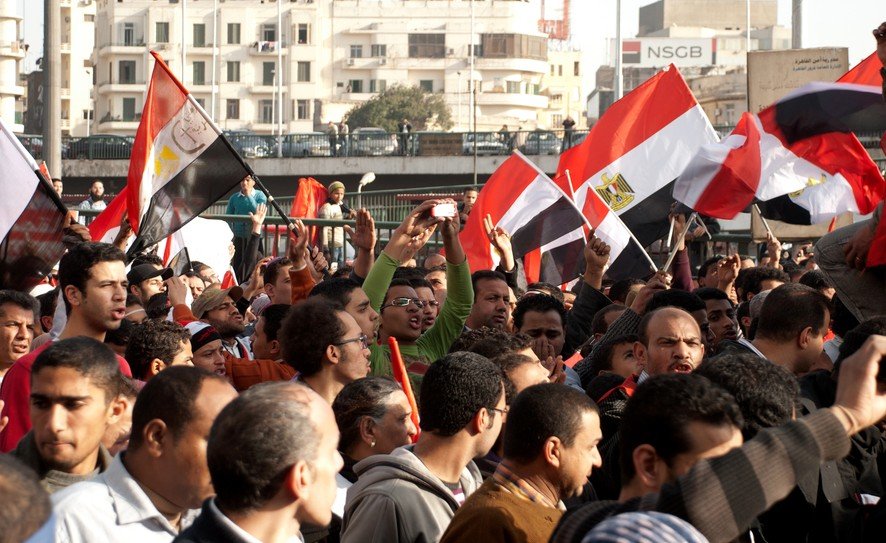Amnesty International has urged Egyptian authorities to amend the 2019 associations law, which imposes strict controls on independent civil society groups. The call comes in a new briefing released on November 25, 2025, highlighting how these rules hinder freedom of association and threaten the country’s civic space.
Amnesty Highlights Ongoing Repression
The briefing, titled “Whatever security says must be done,” details how the law allows excessive government interference in nongovernmental organizations. Based on interviews with 19 people from 12 groups in Greater Cairo, it shows a pattern of harassment and surveillance that started after the law’s passage.
Amnesty notes that while some travel bans and asset freezes on NGO workers ended last year, deeper problems remain. Security agencies continue to summon staff for questioning and block funding without clear reasons.
This interference affects work in human rights, media, and social development. One NGO worker described constant phone calls from officials demanding details on activities, creating a climate of fear.
The report argues these actions violate international standards and Egypt’s constitution, which calls for simple notification to register groups.
Core Issues in the 2019 Associations Law
Law No. 149 of 2019 requires prior approval for NGO registration, unlike the notification system in many countries. Authorities can reject applications if goals are seen as against national unity or public order, terms often used broadly.
The law lets officials dissolve groups, remove board members, and inspect offices without warning. Penalties for violations include fines or jail time, deterring many from operating freely.

A 2014 Penal Code amendment adds risks by criminalizing foreign funding as hostile acts, with punishments up to life in prison. This has led to prosecutions and forced some organizations to shut down.
Recent data shows over 1,000 NGOs have faced registration delays since 2020, according to human rights monitors. In 2025 alone, at least 50 groups reported interference from the National Security Agency.
Impact on Freedom and Civic Space
These restrictions have chilled civil society, limiting advocacy on issues like women’s rights and environmental protection. Many groups now avoid sensitive topics to stay open, weakening public discourse.
For example, human rights organizations struggle to monitor abuses, while development NGOs face funding blocks that halt aid programs. This has broader effects, such as reduced support for vulnerable communities amid Egypt’s economic challenges.
Experts say the law contributes to a shrinking civic space, with fewer protests and independent voices since its enactment. A recent survey by an international watchdog found Egypt’s freedom of association score dropped 15 percent in the last five years.
The situation ties into global trends, where authoritarian regimes tighten NGO controls to curb dissent. In Egypt, this follows the 2013 crackdown on groups after political unrest.
- Registration Barriers: Groups must wait up to 60 days for approval, often denied on vague grounds.
- Funding Restrictions: Foreign donations need government okay, delaying projects by months.
- Surveillance Tactics: Security agents use summons and calls to intimidate staff.
Push for Reforms and International Pressure
Amnesty calls for changes like switching to notification-based registration and ending security meddling. They urge lifting funding limits to match global norms.
Other groups, including Human Rights Watch, echo this, noting the law renews old draconian rules from 2017. In March 2023, officials set a registration deadline that pressured many NGOs.
Egypt’s government defends the law as needed for security, but critics say it stifles progress. Recent events, like the 2025 updates to the Criminal Procedure Code raising fair trial concerns, add to the scrutiny.
A timeline of key developments shows the ongoing struggle:
| Year | Event | Impact |
|---|---|---|
| 2017 | Law No. 70 passed with harsh rules | Sparked international outcry and NGO closures |
| 2019 | Law No. 149 replaces it but keeps restrictions | Allowed more control over funding and boards |
| 2023 | Registration deadline imposed | Forced many groups to comply or dissolve |
| 2025 | Amnesty briefing released | Renewed calls for amendments amid rights concerns |
Looking Ahead for Egypt’s Civil Society
Reforming the law could boost Egypt’s image ahead of global events, like potential UN reviews in 2026. It might also encourage more foreign aid, vital for economic recovery.
Without changes, experts warn of further erosion in civic participation, affecting everything from education to health initiatives.
Share your thoughts on Egypt’s NGO challenges in the comments below, and spread this article to raise awareness about freedom of association.
